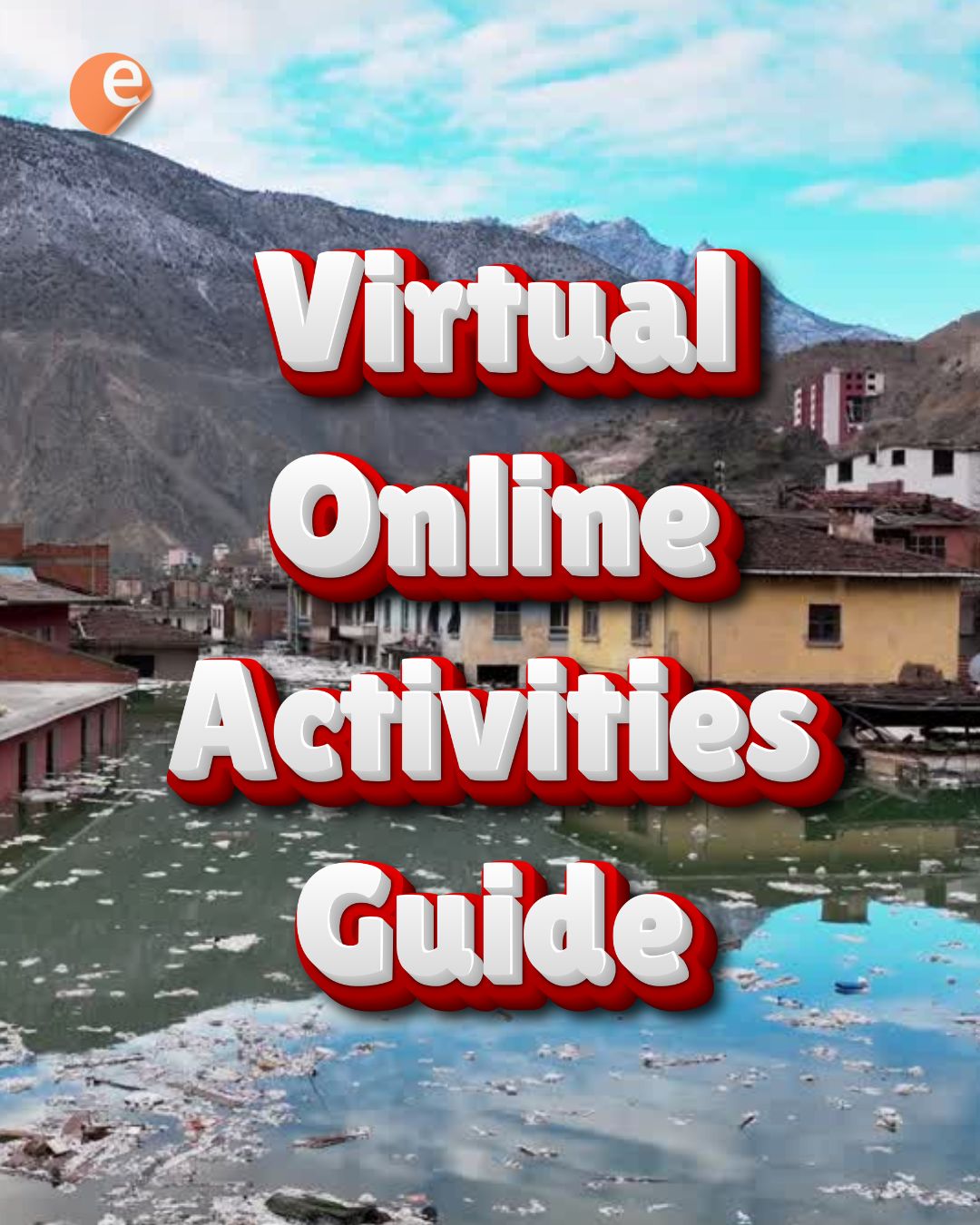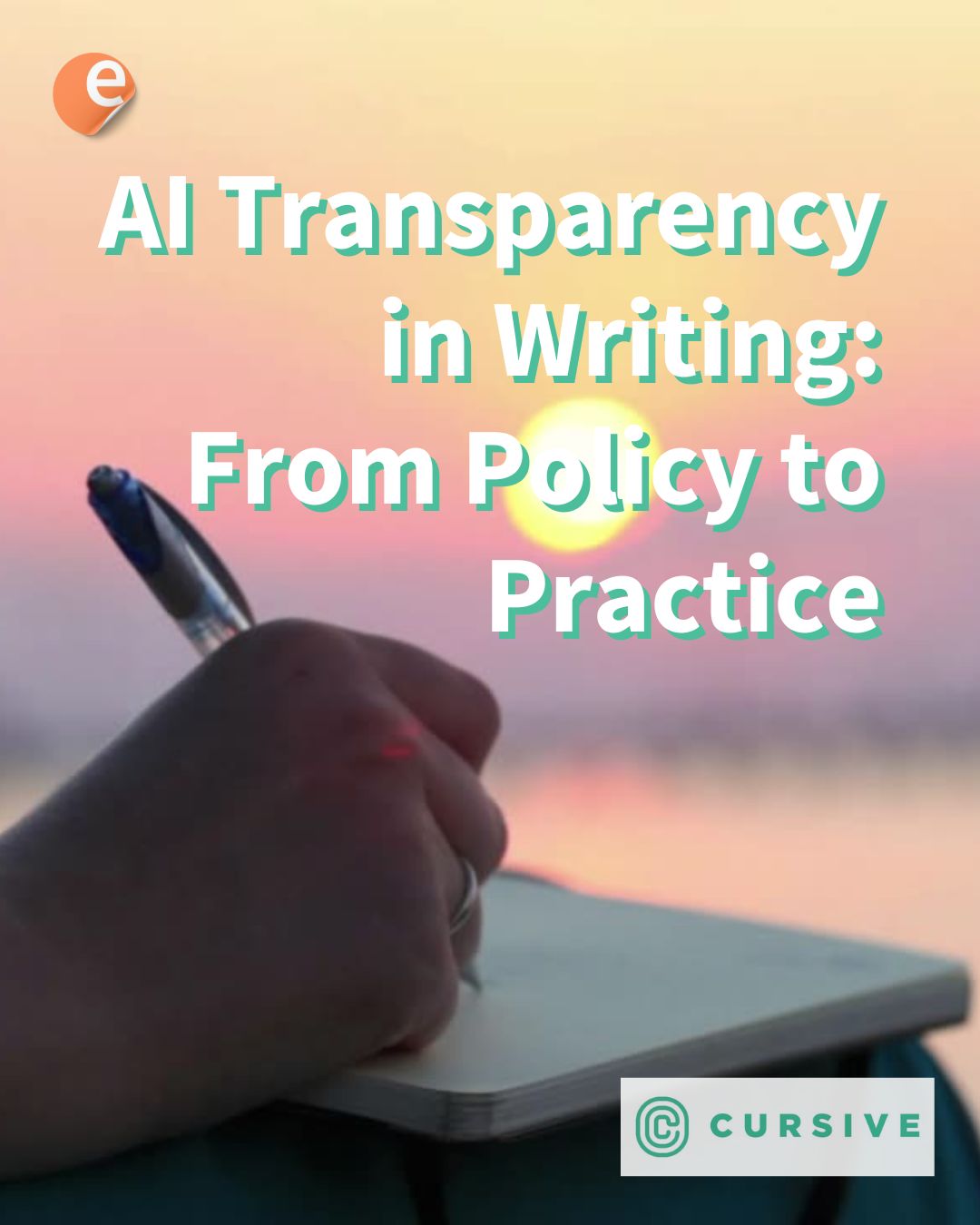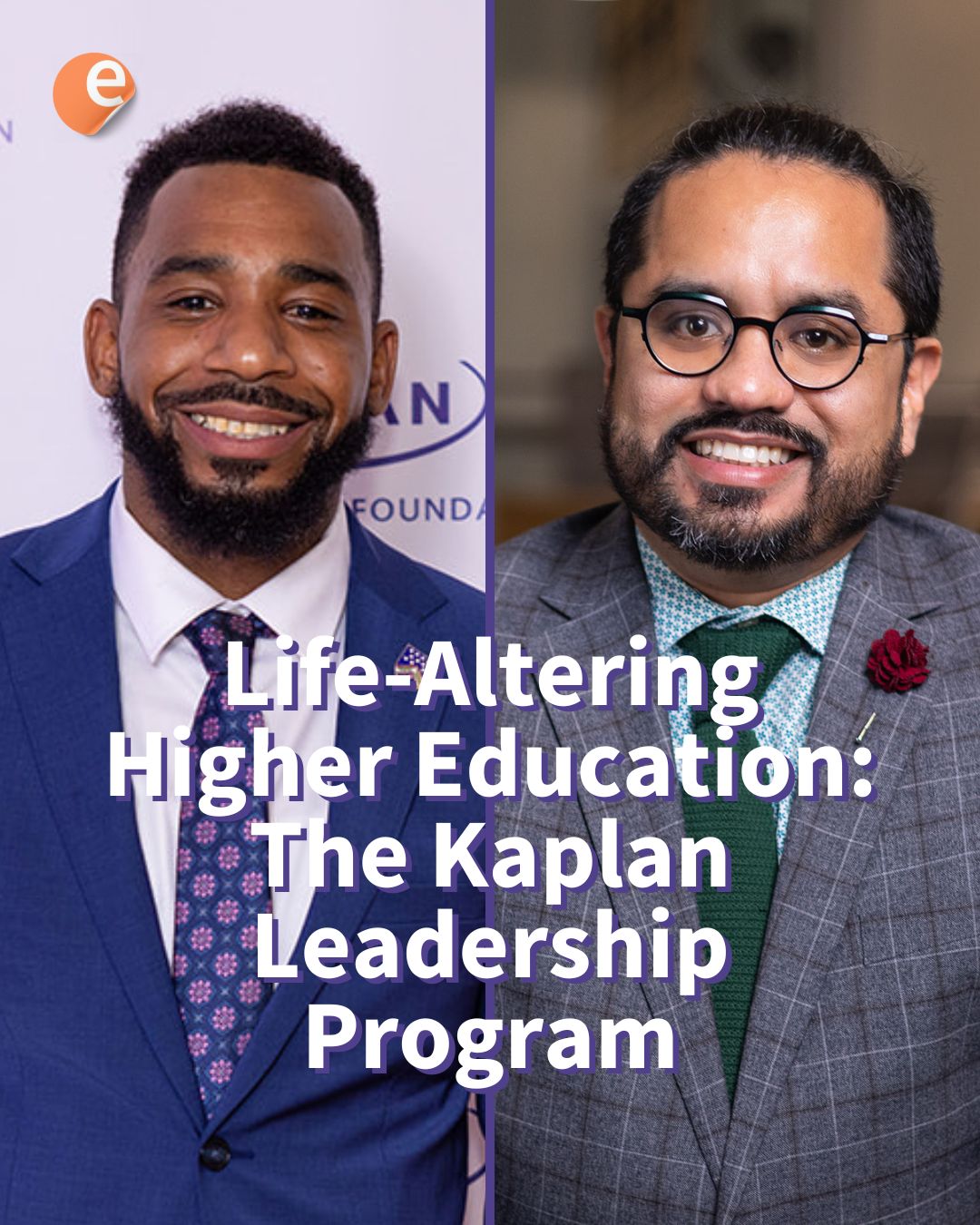My guest for today is Robert Paddock, a EdTech and eLearning entrepreneur from South Africa. While many people are familiar with his first venture – called GetSmarter, which was acquired by 2U in 2017, his latest venture is the Valenture Institute.
Valenture is a vanguard effort in the South African secondary education space that seeks to redefine what an all-online education can be.
In this fast-paced conversation we talk about:
🌍 What it’s like to design an curriculum that focuses on SDGs and complies with international educational requirements… And is still engaging!
📖 The importance of diversity and its key role on effective and inclusive learning experiences…
👧 …and the importance of considering the whole teenager when it comes to understanding their behavior and academic performance. I mean that down to the neurochemical level
🎓 dsWhy Robert is bullish on Learning Analytics and Big Data for Education, to do away with the “black box” classroom paradigm we can’t seem to break away from
💔 And why educational technologises are essential to break this paradigm for the benefit of all learners, particularly on low-income or disadvantaged groups
Transcript
Click to expand\collapse
This is the E-Learning Podcast, Episode 41.
After extensive market research and interviews with about 4,000 learners from eight countries, we found their concerns aligned with the United Nations Sustainable Development Goals.
We’ve integrated these into a challenge-based curriculum approach in our core curriculum.
The results in student response and engagement have been magnificent.
Welcome to the E-Learning Podcast.com.
I’m Stephen Ladek, Director.
Today’s guest is Robert Paddock, an EdTech and e-learning entrepreneur from South Africa.
Robert is known for his first venture, GetSmarter, acquired by 2U in 2017.
His latest venture is the Valencia Institute, a pioneering effort in South Africa’s secondary education, redefining online education.
In this conversation, we discuss designing curricula around sustainable development goals, complying with international education standards, and maintaining engagement.
We explore diversity’s role in effective, inclusive learning experiences and considering the whole teenager, including their neurochemical makeup.
We discuss the importance of learning analytics and big data in education, moving away from the “black box” classroom paradigm.
We also address how educational technologies can break this paradigm, especially for low-income or disadvantaged groups.
The E-Learning Podcast is sponsored by the E-Learning Success Summit and eLearn Magazine.
com, providing news, information, and resources for e-learning professionals for over 10 years.
Now, let’s hear from Robert Paddock.
Robert, how are you?
I’m well, thank you.
We’re recording this in December 2020 in Cape Town, South Africa.
Due to lockdown, it’s the first time I’ve stayed in Cape Town this long in over 15 years.
It’s been magnificent.
South Africa offers much more than just safaris.
Let’s discuss your COVID-19 experience.
In South Africa, we had a hard lockdown in March due to our immature health infrastructure.
Infection rates climbed but not as much as other parts of the world.
We’ve largely returned to normal, though new curfews and restrictions may be introduced before the festive season.
Overall, we’ve fared well.
You’re the founder and CEO of Valencia Institute.
Tell us about it.
The Valencia Institute is a global online high school offering a British-standard curriculum recognized by leading universities.
We’ve integrated the United Nations Sustainable Development Goals into our core curriculum.
We focus on connecting learning to issues learners care about.
This approach helps learners engage more deeply with their studies.
We’re exploring how to offer flexible yet structured learning within accreditation frameworks.
After interviewing 4,000 learners from eight countries, we found their interests aligned with the Sustainable Development Goals, which we’ve incorporated into our curriculum.
This has significantly enhanced student engagement.
Our unique offering includes a high-touch, socially rich approach to online education.
We focus on creating engagement, interactivity, and community among geographically distributed learners.
This involves thoughtful design and refining our approach over the years.
The Valencia Institute launched in September 2019.
Our first cohort started in January 2020.
The pandemic accelerated our growth, as the world turned to online education.
Our team has extensive experience in online education.
What does a cohort at Valencia Institute look like?
Cohorts can be large, but students are immediately broken down into smaller home rooms and tutor groups.
We use an Oxbridge-style tutorial system with live classes typically between 14 to 20 students.
There are also discussion forums, back channels, and virtual clubs.
Our balance includes instructor-led and student-led activities.
What criteria do you use for student admissions?
Geographically, we offer an international version of the British curriculum, attracting students interested in a British-standard accreditation.
We’re seeking accreditation for American diplomas to broaden our reach.
Our students are individuals who value their uniqueness and don’t want to blend in.
They are attracted to the online modality and the Valencia Institute.
How do you handle the issue of screen time and physical interaction?
We’re exploring blended learning models.
For example, in collaboration with Synthetics, a prestigious South African school group, students complete academics online while participating in sports at school facilities.
Research shows teenagers should exercise in the morning and study in the afternoon.
This model utilizes existing sports infrastructure for morning activities and afternoon academics.
Additionally, we have networks with sports clubs and cultural societies for offline activities.
Our goal is to balance online learning with physical activities.
How do you manage time zones for a global student body?
Our marketing efforts currently focus on time zones aligned with South Africa, covering Africa, Europe, the Middle East, and some Eastern European countries.
We have a few students in the U.
S.
East Coast.
At GetSmarter, my previous business, we operated 24/7 to serve students globally.
We had teams in South Africa and regions with specialized expertise or faculty requirements.
For Valencia, we’re still developing our approach to global time zone management.
How do you create engagement and community in online education?
It’s about organizational structure and role disaggregation.
We separate roles for content development, learning technology, technical support, mentors, and tutors.
Each role has specific functions and collaborates effectively.
We integrate learning analytics and CRM systems for a comprehensive view of each student.
Regular learner summits allow teams to discuss each student’s progress and plan future support.
However, transitioning to this model can be challenging for traditional teachers.
How do you involve parents in the educational process?
Clear communication and regular engagement with parents are crucial.
We have monthly three-way conversations involving the student, mentor, and parents to discuss progress and areas of focus.
Mentors, who are education psychologists, stay with students throughout their studies, providing pastoral care and engaging parents.
What are your thoughts on cross-cultural collaboration in education?
We believe in preparing students to operate cross-culturally and remotely in a globalized workforce.
Our students develop friendships and collaborate on meaningful projects with peers worldwide.
This experience is invaluable for their future.
What challenges and areas of focus do you currently have?
We’re exploring ways to make our learning model more flexible and personalized while maintaining a thriving community.
Balancing individualized curriculum and group collaboration is challenging.
We’re also focusing on individual remediation, particularly in foundational subjects like mathematics and science.
Accurate diagnostic assessments and personalized remediation programs are areas we’re developing.
Tell us about your work with low-income communities.
Our not-for-profit project, the Abode Trust, focuses on blended learning in challenging areas like Mitchell’s Plain in South Africa.
Online-only education is ineffective for low LSM households.
We’re transforming underutilized spaces into digital classrooms with community mentors providing a safe, nurturing environment.
This model combines online academics with local mentorship, showing promise in improving education access and quality.
What excites you about the future of e-learning?
I’m excited about the potential of learning analytics and big data in education.
These tools can transform our understanding of each learner’s progress and the effectiveness of support staff.
This approach brings transparency and accountability, enabling us to enhance the learning experience continually.
Thank you, Robert, for this insightful conversation.
Listeners, for more information, visit the E-Learning Success Summit and eLearn Magazine.
com.
Join us for the latest e-learning news and resources.






